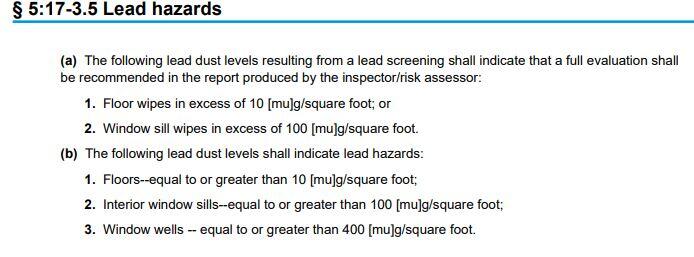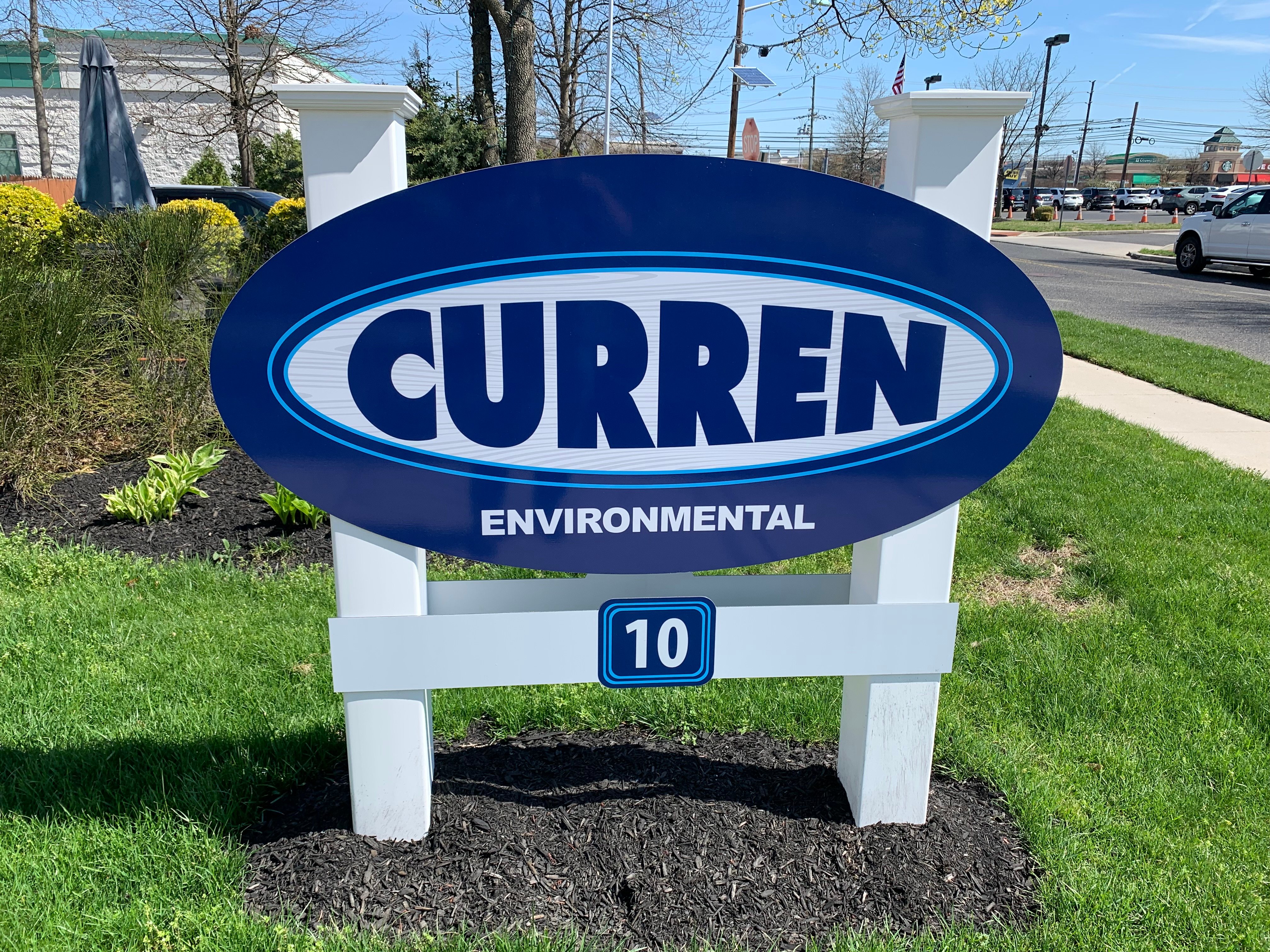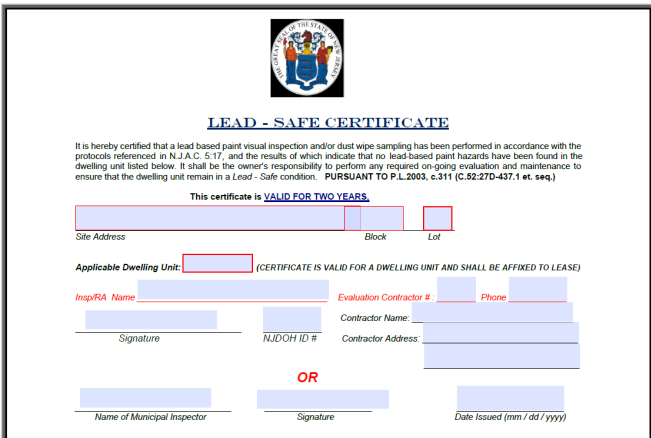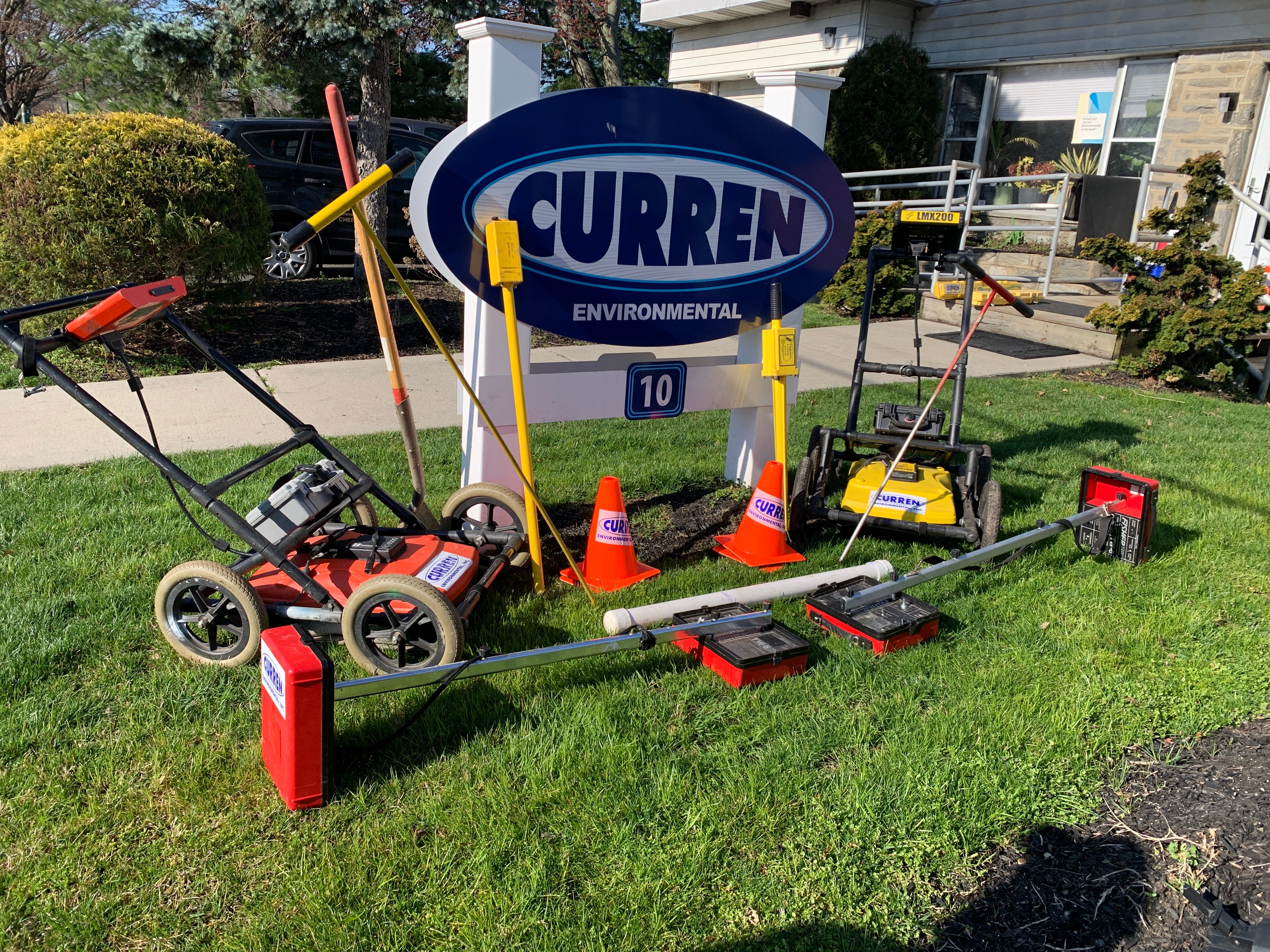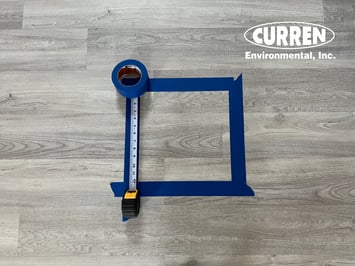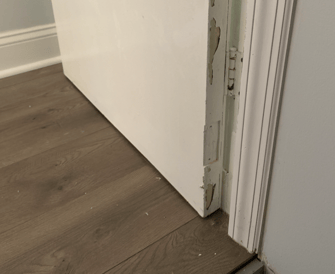A lead paint inspection by definition is “a surface by surface" investigation to determine the presence of lead-based paint. The lead paint surface-by-surface entails testing for the presence of lead in building material. A handheld XRF gun (think X-ray unit) tests all surfaces for an immediate reading as to the presence of lead and concentration.
I was in Home Depot and there was an overhead public service announcement regarding lead being present in pre-1978 homes and that DIYers should be aware of lead hazards. To say lead is not a concern or popular is to ignore how serious a health hazard lead is.
So should you get a lead paint inspection?
Seriously, the need for a lead paint inspection relates to why you are interested in inspecting for lead, in short, what is your objective?
If you have a commercial property, you are renovating or demolishing, you may be required to perform a lead paint inspection, so workers are not exposed to lead hazards as well as for management of demolition material that contains lead.
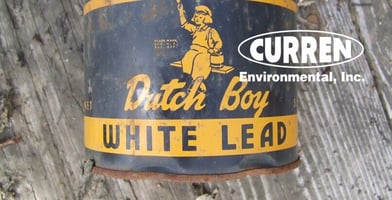
If you are a homeowner or future homeowner and let’s, say you want to buy an older home, for argument's sake the home is circa 1920, and you want to see if lead is present in the home? That is a common request we receive and long before we show up to inspect, I can say 100% you have lead in the home as the home was built during the golden age of lead paint usage, also lead based stains and varnish usage. So if you want to get depressed and have this older home inspected for lead, feel free.
Perhaps you realize that the home has lead, it must be because it was built at some point before 1978. (Lead paint usage was banned on residential properties in 1978.) Your concern or objective is to limit lead exposure to your young children. You see children are more susceptible to lead exposure as toddlers will put everything in their mouth and will chew on surfaces. A home with lead paint can generate lead dust and can have CHEW surfaces for kids. Meaning a low windowsill can be found to have teeth marks on it from kids chewing on the wood because that’s what kids do. Lead also has a sweet flavor profile so why not suck on things that contain lead. Lead dust from rubbing of friction points (doors, windows) lands on floors, where kids crawl and then they suck their hands, that’s your lead exposure. Protecting your family with a lead paint inspection is a solid reason to have an inspection completed. You do not have to test the entire house, but you can inspect rooms where you expect toddlers to inhabit, family rooms, bedrooms, and play areas. Know if lead is present in these rooms and where allows you to mange the risk. Managing risk may mean renovating areas to remove lead or protecting surfaces so lead will not become liberated.
If I am renovating a house, should I get a lead paint inspection?
100% testing for lead before renovation is a smart idea. Testing for lead will protect people working in the space. If you know lead is present and where, then you can manage the hazard. If no lead is present or lead is present on surfaces that will not be disturbed, you will not be creating a lead hazard. Lead knowledge is valuable.
Why should I have my home inspected or assessed for risks?
- Your child has been diagnosed as having lead poisoning. The most common home-based source of lead exposure is deteriorating lead-based paint and the resulting dust.
- You live in a home built before 1978 where small children are or will be living.
- You are about to remodel or do anything that will disturb lead-based paint or generate lead-based paint dust and chips that can harm you and your family.
- You are renting or buying a home. When buying a home, federal law (Title X) allows the buyer to test for lead.
What is the difference between an inspection and a risk assessment?
A lead paint inspection is a surface-by-surface investigation to determine whether there is lead-based paint. Lead-based paint inspections determine the presence of lead-based paint.

A lead risk assessment is an on-site investigation to determine the presence, type, severity, and location of lead-based paint hazards (including lead hazards in paint, dust, and soil) and provides suggested ways to control them.
You can also have a combined inspection and risk assessment. With any of these options, the risk assessor or inspector will provide you with a written report of findings.
The above photo shows a radiator that has been painted multiple times, you can see paint flaking off, the paint is lead and this would constitute a lead paint hazard. If the paint was not lead, no hazard.
Do I have to inspect the entire property for lead?
You do not have to inspect the entire property for lead if you do not want to and you are planning on living in the property. Many people want specific rooms or surfaces tested so they can decide what renovations they want to perform.
Lead Inspection Questions?
856-858-9509
What is end results of a lead paint inspection?
After you complete a lead paint inspection, you will know where lead is or is not present. This information is also to be shared in the future when you sell the property as you must disclosure your knowledge of lead paint. Older properties that are found to have no lead can obtain lead exempt (lead free certifications), making the property more valuable.
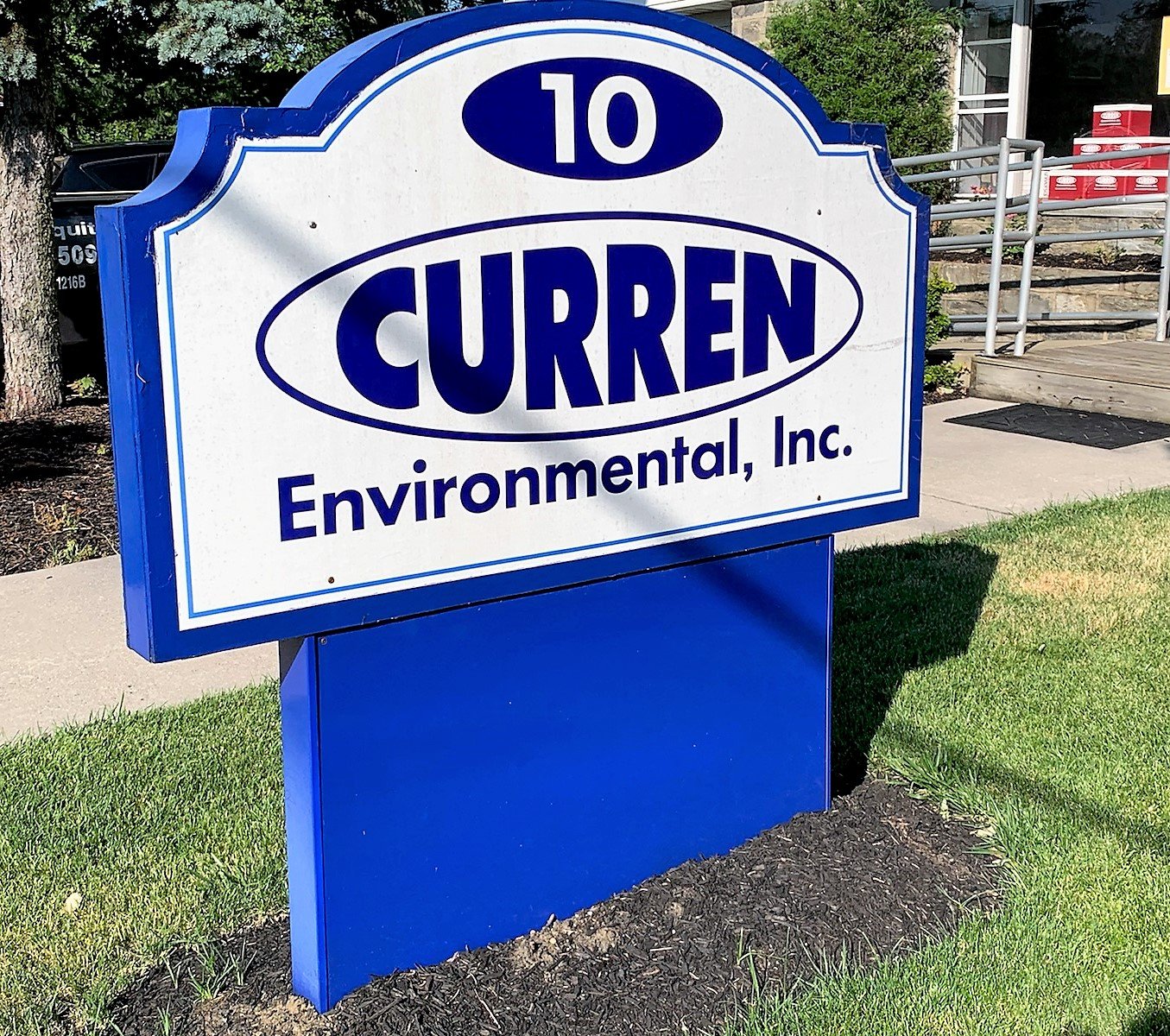


 is not an environmental consultant, saw damaged paint and flagged a lead hazard. The photo to the left is deteriorated paint.
is not an environmental consultant, saw damaged paint and flagged a lead hazard. The photo to the left is deteriorated paint.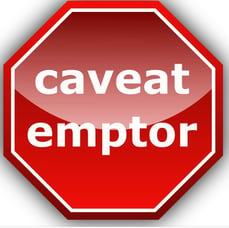
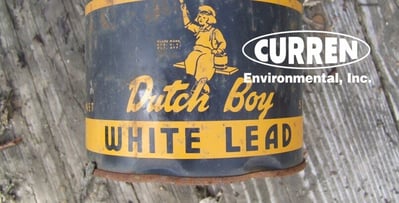
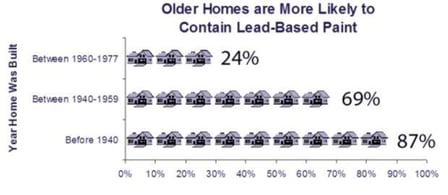 Any property subject to the NJ Lead Safe Law is now providing property owners inspection reports on lead. New Jersey lead licensing requires licensed firms to document certain facts regarding inspections nad reports. In addition, the lead inspections have included dust wipe sampling which tests for lead, these data points are now to be disclosed to future renters and buyers.
Any property subject to the NJ Lead Safe Law is now providing property owners inspection reports on lead. New Jersey lead licensing requires licensed firms to document certain facts regarding inspections nad reports. In addition, the lead inspections have included dust wipe sampling which tests for lead, these data points are now to be disclosed to future renters and buyers. 